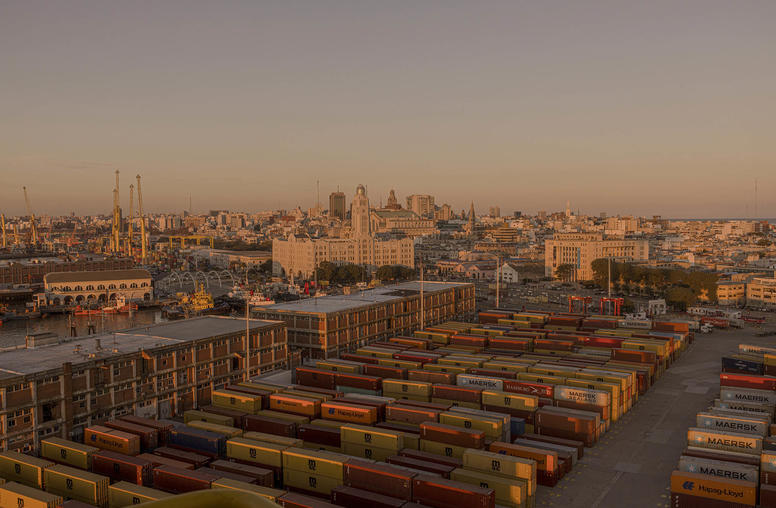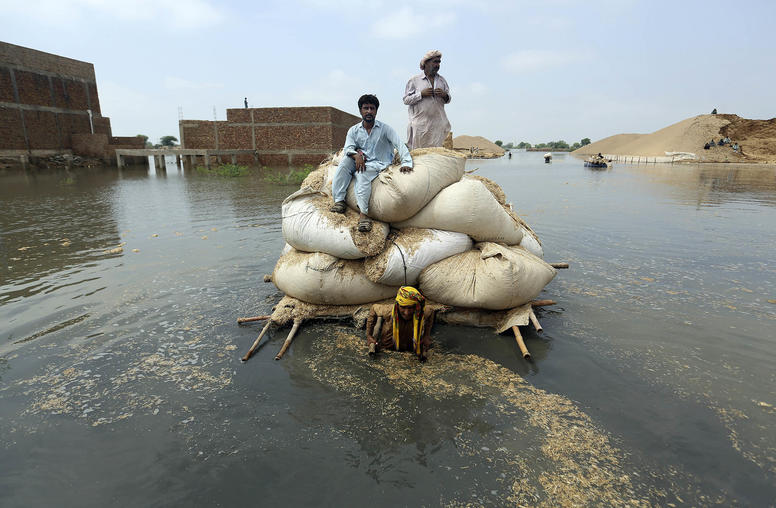The Afro-Indigenous Peoples of Honduras: Exclusion, Conflict, and Migration
Since first arriving to Central America in 1797, the Afro-Indigenous Garifuna communities have played an important role in the region’s cultural and socioeconomic development. However, the Garifuna have long suffered high rates of extreme poverty — as well as vicious cycles of human rights abuses, forced displacement, and violence from political and organized crime. In recent years, these threats have only accelerated amid a competition to control the Garifuna’s traditional lands in Honduras for the sake of tourist development and resource extraction. With few economic opportunities, a lack of policies to protect their rights, and increasingly impacted by climate change, Garifuna people are migrating in large numbers both within Central America and to the United States.
English
Spanish
On January 24, USIP and El Faro English held a conversation on the marginalization and displacement of the Garifuna population in Honduras. The discussion examined how discrimination, climate change, and conflicts over land rights help drive migration to the United States and explored policy options that can help protect human rights and curb migration.
Speakers
Mary Speck, introductory remarks
Senior Advisor, Latin America, U.S. Institute of Peace
José Luis Sanz, moderator
Correspondent, El Faro English
Ricardo Zúniga
Senior Expert, Latin America, U.S. Institute of Peace
Andrew Selee
President, Migration Policy Institute
Julio Guity-Guevara
Managing Director, SUDECC Inc
Mirtha Colón
President, Central American Black Organization


